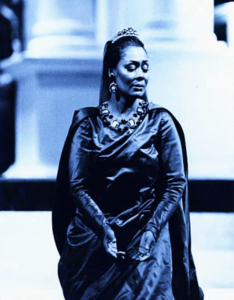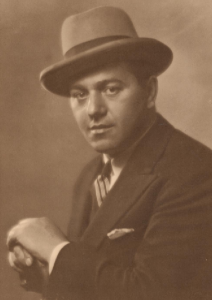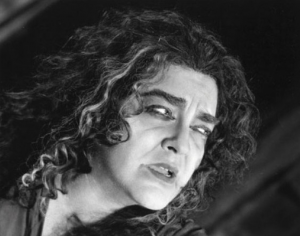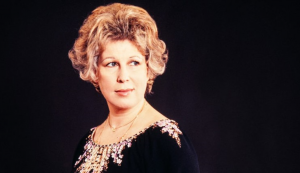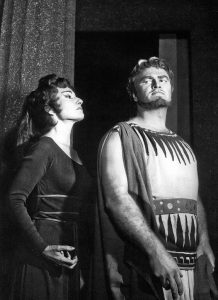Podcast: Play in new window | Download (Duration: 1:37:42 — 105.2MB) | Embed
Subscribe: Spotify | TuneIn | RSS | More
It is hard to believe that it’s already been 13 years since the death of Shirley Verrett on November 5, 2010. It has also already been four years since I did a pair of episodes on this extraordinary and beloved artist, and this anniversary gives me the perfect excuse to revisit the work of this mezzo-soprano turned soprano who more than any other singer in my experiences (even soon-to-be birthday girl Maria Callas) was capable of singing nearly anything. This type of singer is sometimes referred to as a soprano sfogato (or a falcon, after the 19th century French mezzo-cum-soprano Cornélie Falcon. Since Verrett, like Falcon, sang both mezzo and soprano, I instead coin the term falcon sfogatissima to describe her vocal magic. This episode is chock full of examples of Verrett’s impassioned yet technically-grounded vocalism, from art songs by Brahms and Pasatieri to operatic roles by Handel, Gluck, Cherubini, Bellini, Puccini, and Verdi (including both soprano and mezzo roles in Aida and the Messa da Requiem and soprano roles in Ballo in Maschera, Macbeth, Don Carlo, and Otello). I close the episodes with Verrett’s astonishing but limited forays into the German operatic repertoire. Her collaborators on this episode include conductors Seiji Ozawa, Claudio Abbado, Bernard Haitink, Zubin Mehta, Eve Queler, Georges Prêtre, Sarah Caldwell, and the late Kenneth Montgomery; and fellow operatic greats Sherrill Milnes, Luciano Pavarotti, James McCracken, Robert Massard (last week’s featured artist), and her frenemy the late Grace Bumbry.
Countermelody is a podcast devoted to the glory and the power of the human voice raised in song. Singer and vocal aficionado Daniel Gundlach explores great singers of the past and present focusing in particular on those who are less well-remembered today than they should be. Daniel’s lifetime in music as a professional countertenor, pianist, vocal coach, voice teacher, and journalist yields an exciting array of anecdotes, impressions, and “inside stories.” At Countermelody’s core is the celebration of great singers of all stripes, their instruments, and the connection they make to the words they sing. By clicking on the following link (https://linktr.ee/CountermelodyPodcast) you can find the dedicated Countermelody website which contains additional content including artist photos and episode setlists. The link will also take you to Countermelody’s Patreon page, where you can pledge your monthly support at whatever level you can afford. Bonus episodes available exclusively to Patreon supporters are currently available and further bonus content including interviews and livestreams is planned for the upcoming season.
